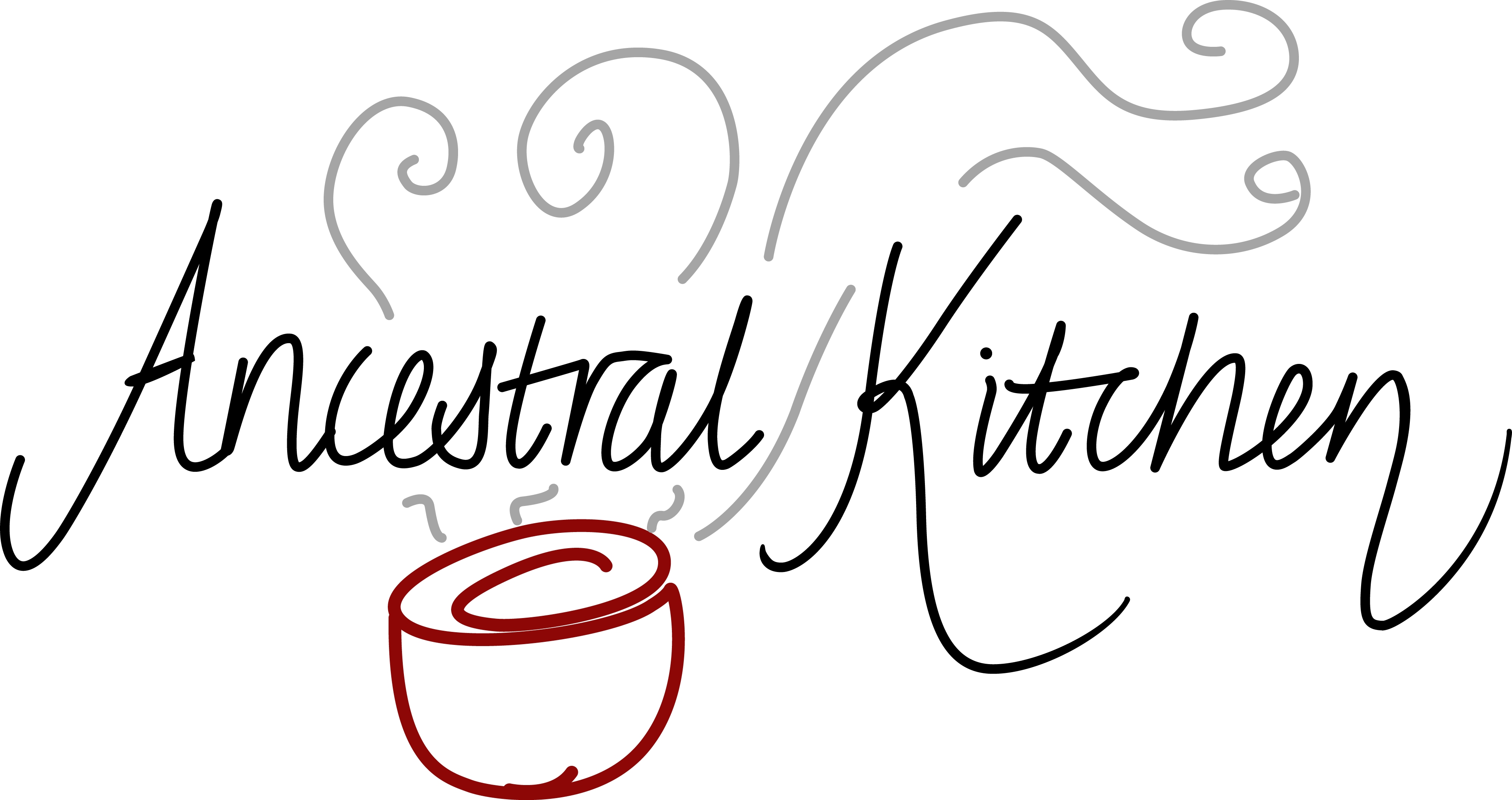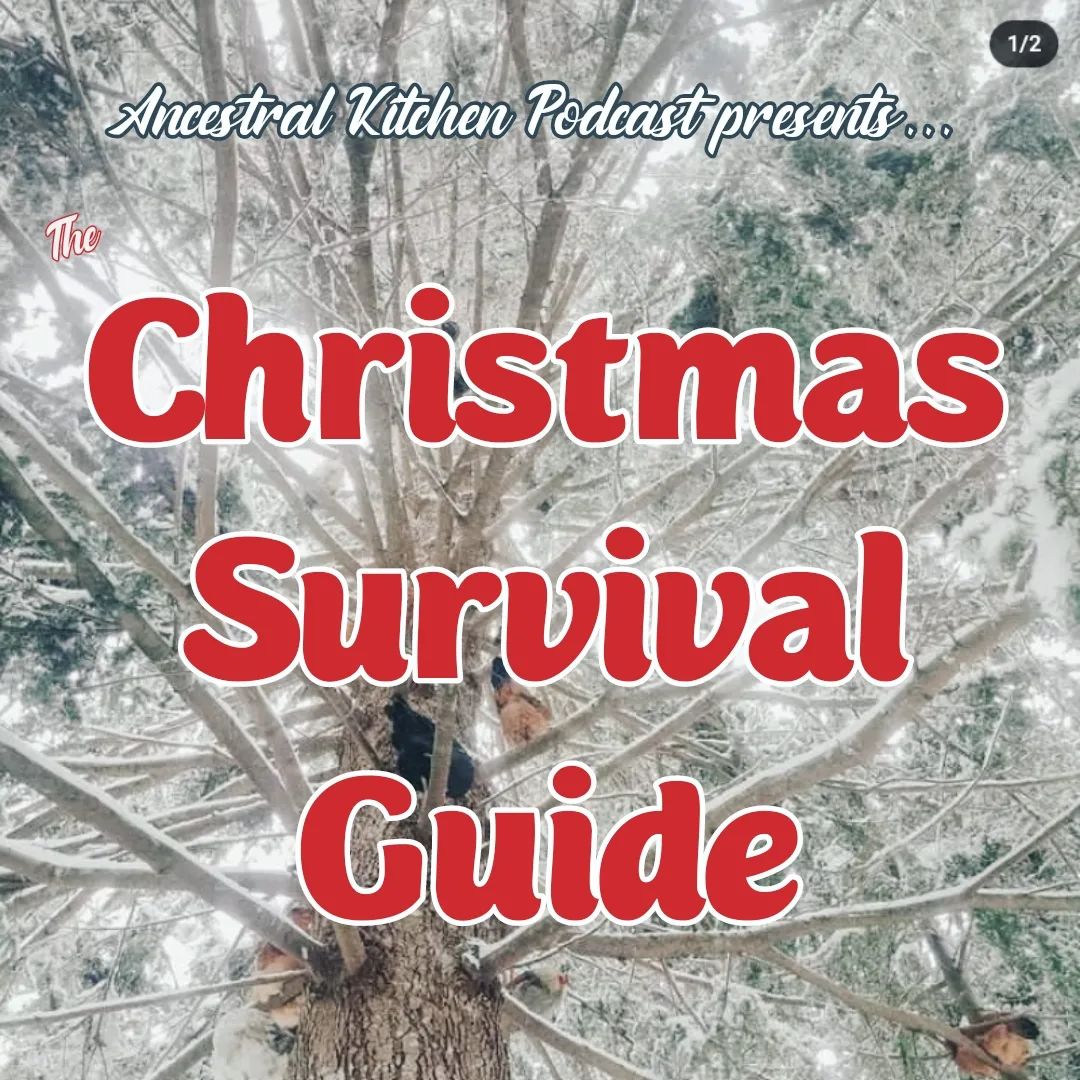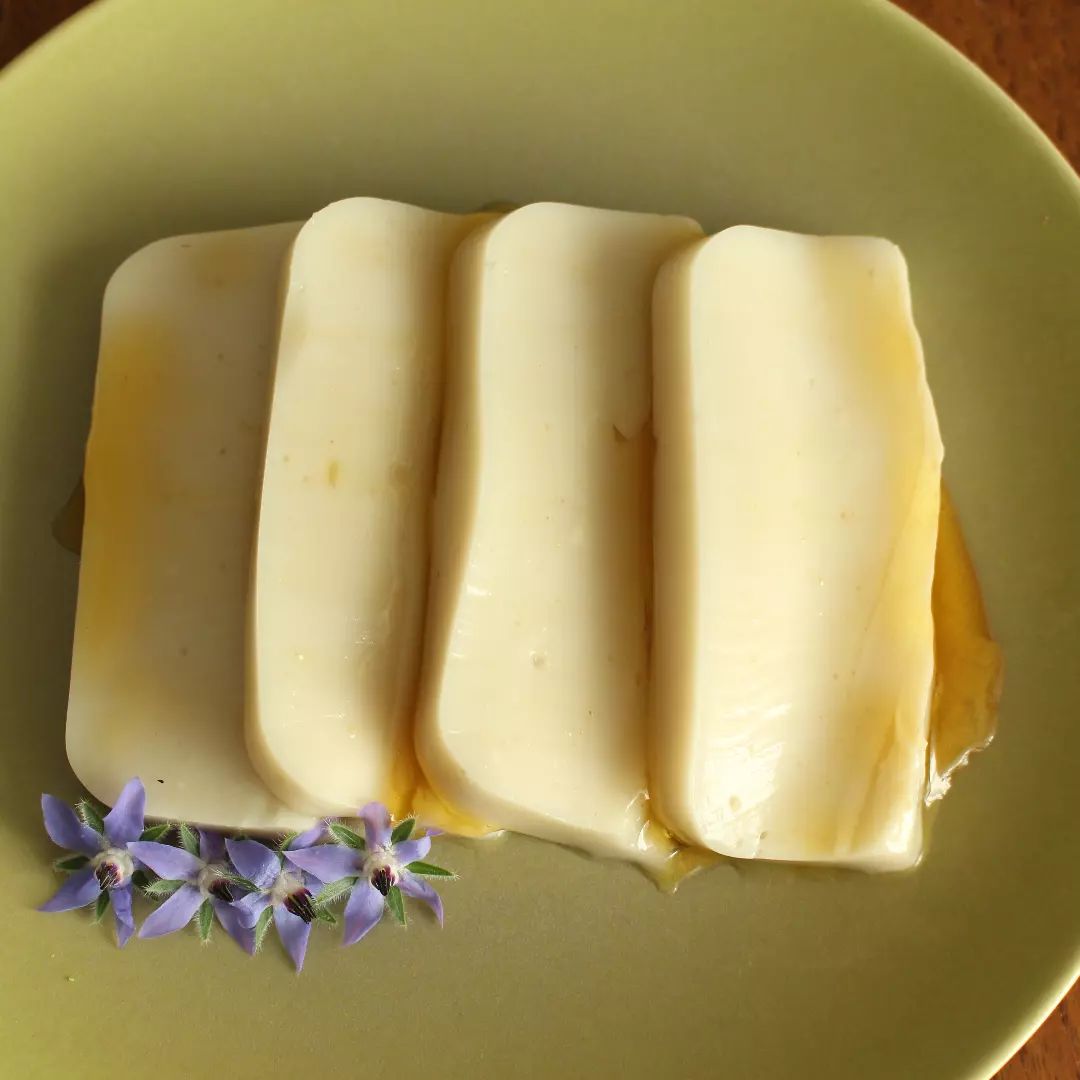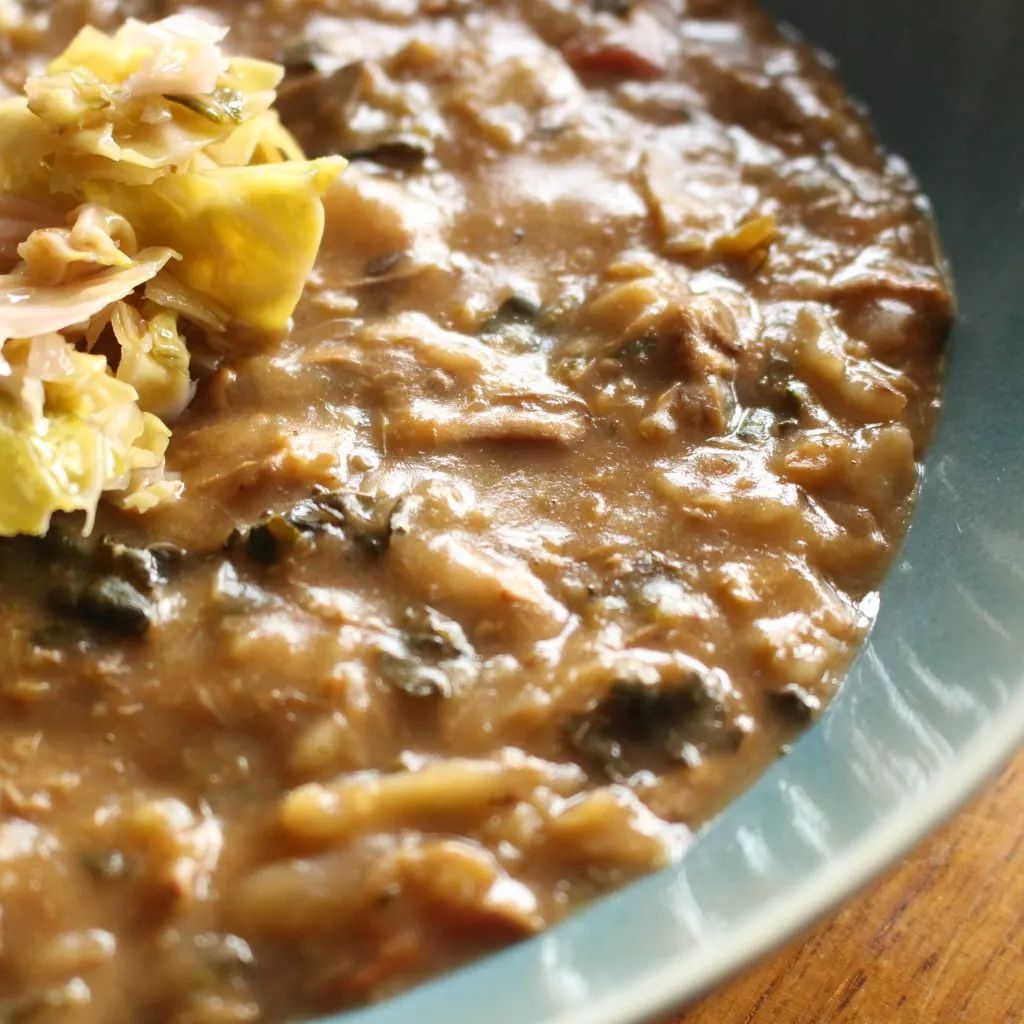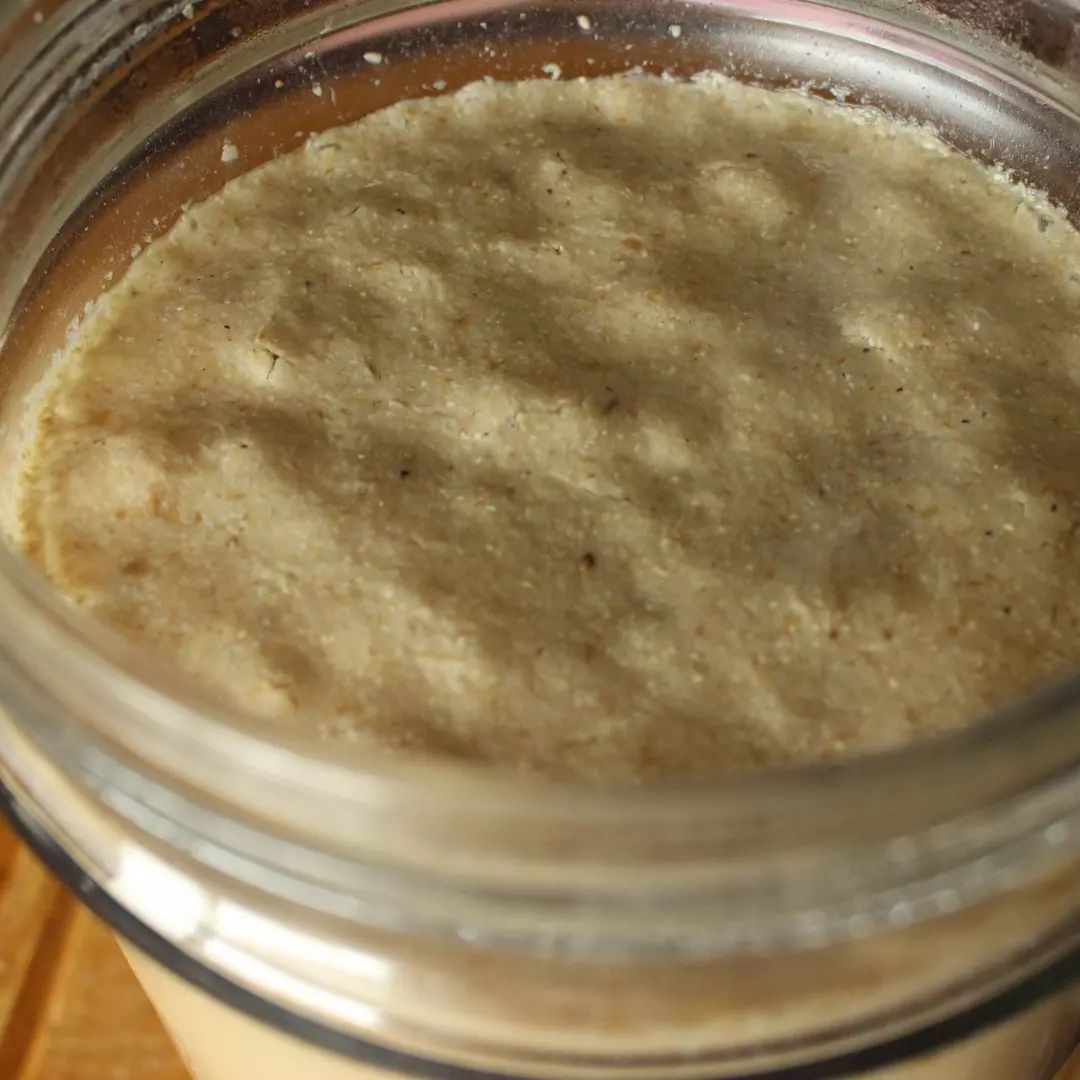
Brewing ale (like baking bread) used to be a household task, performed by women using kitchen equipment and shared yeast.
.
Then, in England at least, along came hops, industrialisation, marginalisation and what followed were large-scale operations, run by men. That’s now been honed into the brewing world we see as normal.
.
I don’t want to partake in industrial bread, with it’s whipping, chemical additives and packaging so why should I do so for alcohol?
.
Bringing ale back into my household, making it accessible and successful is proving quite a ride! Reading, guessing, experimenting, tasting, revising…over and over again.
.
Here’s the latest batch, brewing with…shock, horror… commercial yeast. I’m doing it to try and understand whether my attempts at home yeast (which have been many and varied) are making my beer taste the way it does or whether home-malting or my equipment makes the difference.
.
Check out the layer on the top of this ferment. The yeasts, not wanting any competition from opportunistic bacteria, have created a physical barrier to keep the sugary grain liquid all to themselves!
.
If you want to see more of what I’ve been up to, check out my ancestral ale highlight or support me by becoming a patron of @ancestralkitchenpodcast where I’ve recently shared what I’ve been up to.
… Read More
